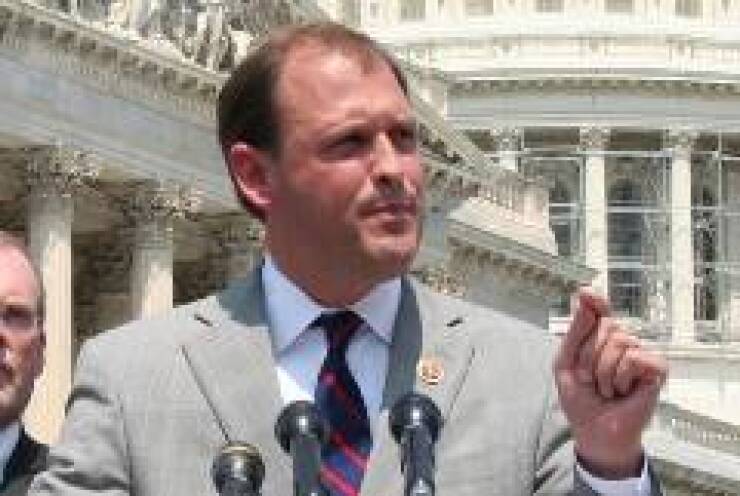House Republicans on Tuesday sharply criticized responses from the Federal Reserve and the Department of Treasury, taking the agencies to task for rate hikes that they said damaged the municipal and other markets, thwarted transparency, and cracked the banking system.
The comments came during a House Financial Services Committee hearing on Tuesday. The discussions included how Treasury officials arrived at the so-called "X date" deadline for raising or suspending the nation's debt ceiling, and what they characterized as the country's unsustainable debt load.
"Treasury securities have been at risk at various times, and Treasury security holdings of financial institutions recently came to the forefront in the form of bank runs and failures," said House Financial Services Committee Chair Rep. Andy Barr, R-Ky. "The rapid escalation of interest rates engineered by the Federal Reserve following a prolonged period of near zero short term interest rates place many Treasury security holdings underwater."
Barr went on to blame the Fed for failing to acknowledge the impact of runaway fiscal spending by insisting that inflation was transitory. "Had the Fed began to tighten monetary policy earlier, they could have done so in a more gradual pace avoiding the precipitous pace of rate hikes."

The municipal markets are sensitive to the movements of U.S. Treasury securities, and market analysts had warned of calamitous results if the U.S. were to default on its debt. Congress passed legislation last week to avoid that potential disaster.
"Debt held by the public is projected to grow faster than the economy," said Jeff Arkin, Director, Strategic Issues Team, Government Accountability Office. "Interest spending, which primarily represents the federal government's cost to service debt is projected to increase steadily over the next thirty years. Debt limit impasses pose additional risks and could force treasury to delay payments on maturing securities interest."
The GAO is advising Congress to tie the debt limit to GDP and develop a budget that will stabilize or reduce the ratio.
New approaches for how the government issues and services its obligations were also advanced by ranking member Rep. Bill Foster D - Ill., who said, "There have been suggestions made that if the United States simply resumes issuing what are called consols, which are interest only instruments, there would be no limit on the number of consols that could be issued." Foster also championed exploring the uses of other types of U.S. debt.
Expert testimony did provide transparency related revelations about the moves by Secretary Janet Yellen in January to stave off default. The Treasury temporarily suspended reinvestment into the G fund of the Federal Employees Retirement System and the Exchange Stabilization Fund. The agency also suspended issuance of state and local government securities and paused exchanging treasury securities for obligations in the federal financing bank.
"Extraordinary measures have been regularly invoked in recent years and have delayed a binding detriment by periods ranging from a few weeks to several months," said Grant Driessen, Specialist in Public Finance, Congressional Research Service. "Ultimately, accounts and members of the public that are affected by extraordinary measures must be compensated for the delay in payment that results from such actions."
Several bills were riding along through the hearing but the relevance to the advertised subject matter was a bone of contention. Rep. Maxine Waters, D-Calif., said, "We're holding this hearing focused on criticizing Treasury's debt management. Instead of working to ensure this kind of brinksmanship over the debt ceiling never threatens our economy again, Republicans are using this hearing to consider bills to deregulate banks."





